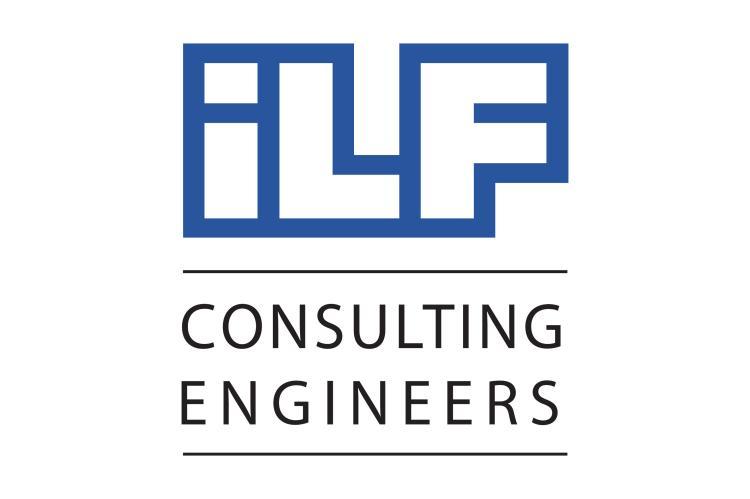ILF To Carry Out Project Management Consulting For Nigeria-Morocco Transboundary Pipeline

Ingenieurgemeinschaft Lässer-Feizlmayr, better known by its acronym ILF, an international engineering and consulting firm with 45 offices located across five continents, has been commissioned with its Munich office and joint venture partner DORIS Group to carry out the project management consulting (PMC) for the FEED phase II of the more than 6000-km Nigeria-Morocco Gas Pipeline (NMGP), the second longest pipeline ever.
"Having already been involved in the feasibility and FEED Phase I of this world-scale project, awarding Phase II to us is a testament to the confidence of our long-standing customers ONHYM and NNPC in our project management excellence and reliability in executing world-class projects," said Carles Giró, Area Manager Industrial Plants of ILF.
The Nigeria-Morocco Gas Pipeline (NMGP), as previously reported in the PTJ, is an onshore and offshore gas pipeline that crosses the mainland and/or waters of 16 African countries along the Atlantic coast and is designed to bring Nigerian gas to North Africa and as far as Spain for the European market.
Upon completion, this precedent setting gas pipeline will be the longest offshore pipeline in the world and the second longest pipeline ever. It has a planned diameter of 48" offshore and 56" onshore, with a planned throughput of 30BCMa.
PMC services include onshore and offshore pipeline and compressor station planning, technical surveying, environmental and social impact assessment (ESIA), land acquisition studies and project implementation framework. The project investigates the potential to use renewable energy sources to operate the pipeline and reduce the project's CO2 footprint.
The pipeline will not only provide local markets with a sustainable and reliable source of energy, but will also promote industrial and economic development, create a competitive regional energy market and benefit West African citizens, countries and their economies.

